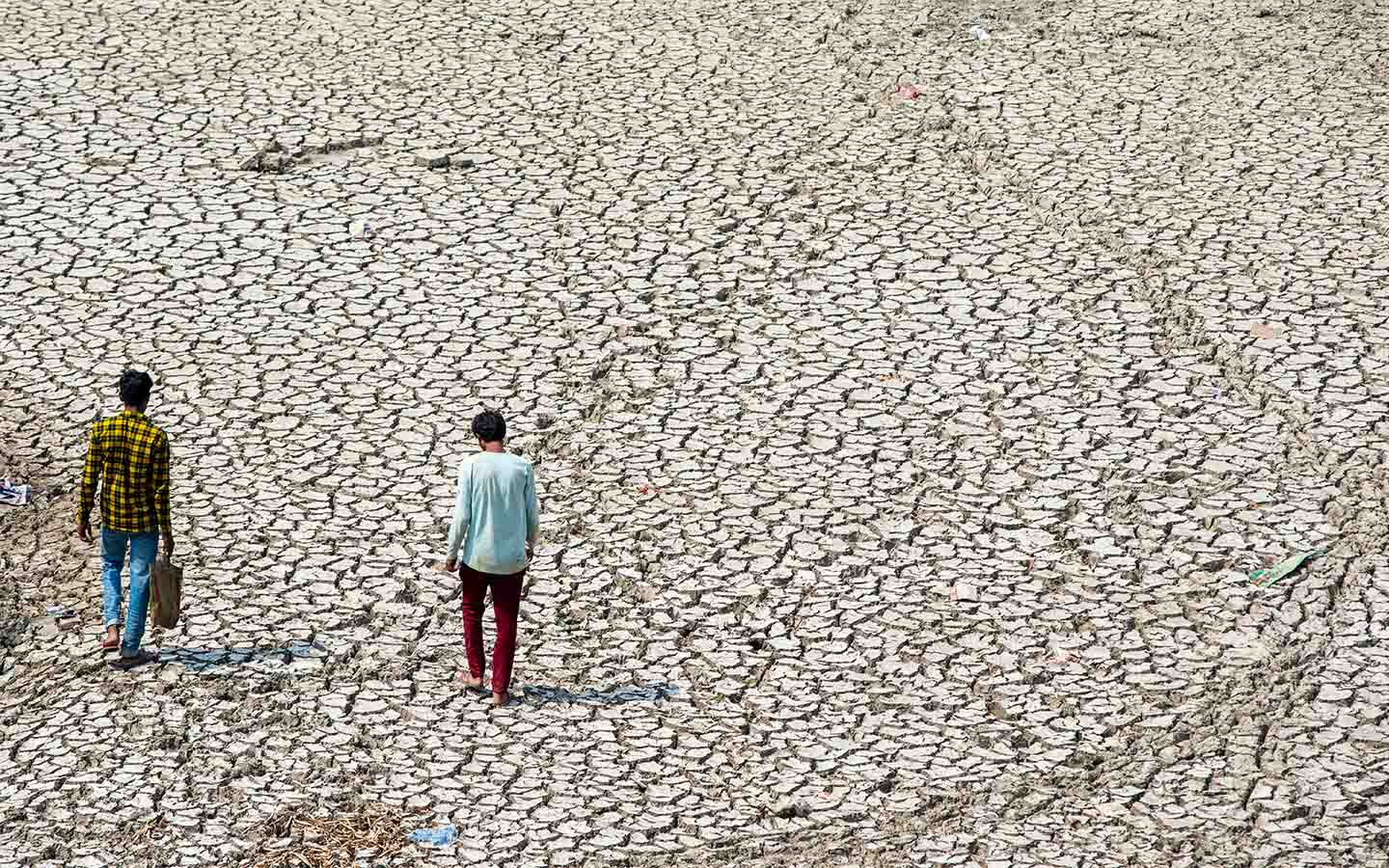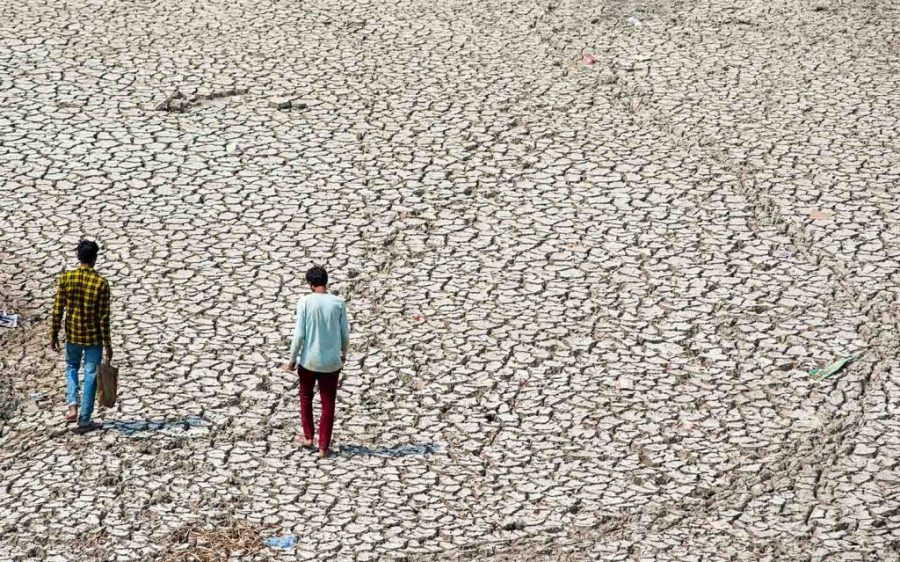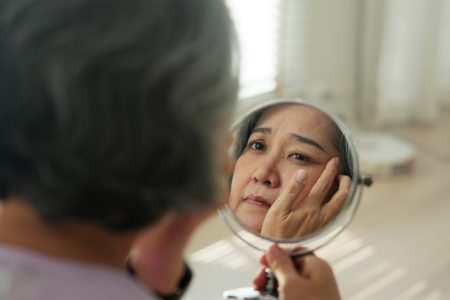The high number of temperature-related fatalities around the world in the past month is raising alarming questions about the impact of climate change on human health – something several new studies have examined of late, the Canadian Broadcasting Corporation reports.
Heatwaves have been linked to higher suicide rates in the US and Mexico and increases in pre-term births for mothers in socioeconomically disadvantaged groups. Other studies have found that children are more likely to visit emergency departments during the summer and that hot weather can even impact foetal growth.
That’s along with the well-known links between high temperatures and heatstroke, and heat’s ability to seriously exacerbate underlying illnesses like diabetes, asthma, or cardiovascular disease.
One country-wide study from Statistics Canada found that cities where extreme heat events were less common had seen the biggest spikes in deaths during heatwaves over the past 20 years. Cities with high numbers of renters did, too, possibly because tenanted homes were less likely to have air-conditioning.
[See more: Over 1,000 pilgrims have died from the heat in Mecca]
Another study, based in New York, found that one in every two heat-related deaths between between 2013 and 2022 that happened in a person’s home occurred without the presence of a functional air-conditioning unit.
Countries need to develop multi-pronged approaches to keep different demographic groups safe in increasingly hot weather, according to Dr Caleb Dresser – an assistant professor of emergency medicine at Harvard Medical School and director of healthcare solutions for the university’s Centre for Climate, Health, and the Global Environment.
“Sometimes it’s individual-level, like knocking on your neighbour’s door to see how they’re doing in the heat,” he said.
“Sometimes it’s system-level action… like research to know when heat turns dangerous, what populations are at risk.”






